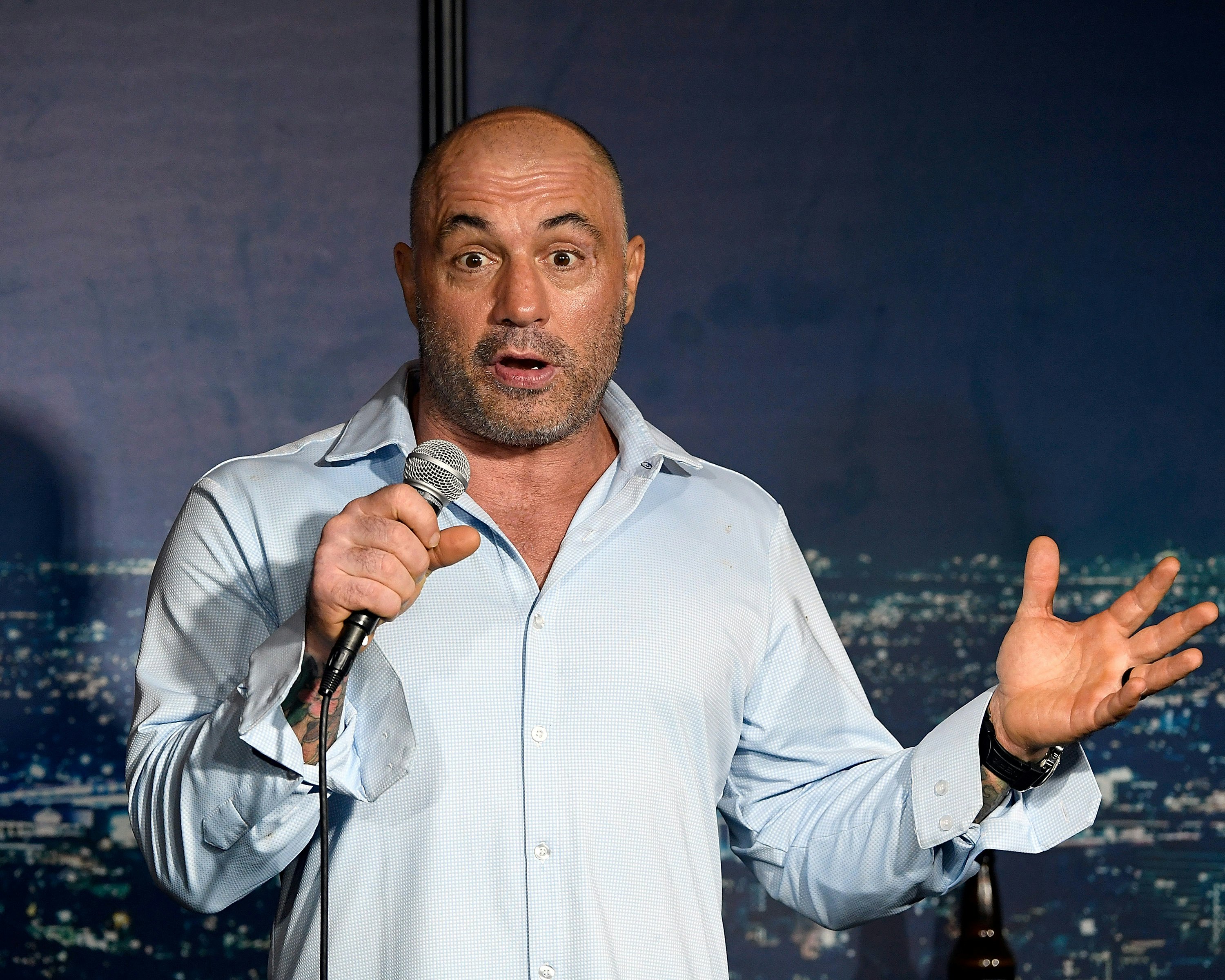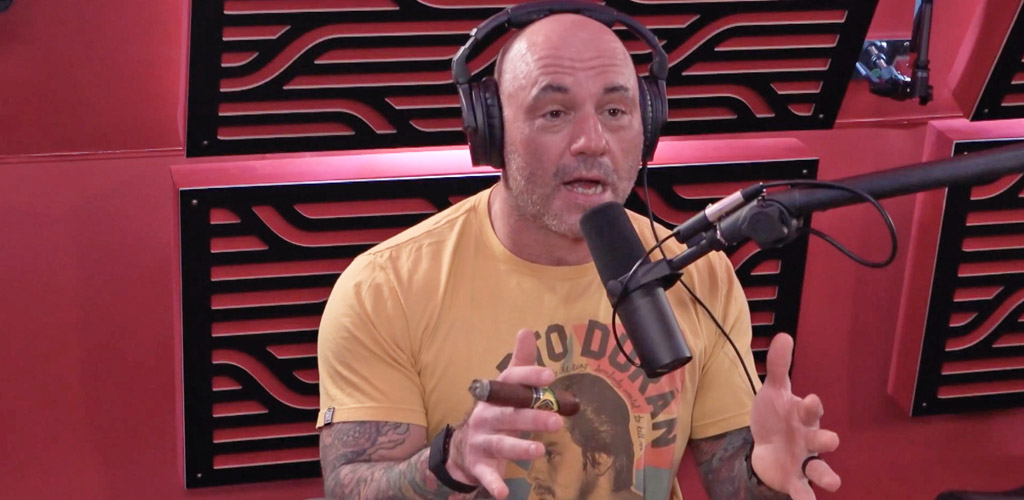
Amid Rogangate, Spotify revealed it had deleted 20,000 podcast episodes over covid misinformation. Amazon seems to have published even less by way of rules for audio content.Īnd whereas most social networks publish regular reports on what content they remove, the audio platforms are mute on the subject. Apple has content guidelines for podcasts, but for music only a style guide that asks artists to flag explicit lyrics and to keep album artwork clean. Spotify, a 16-year-old company, published its “platform rules” only after the Rogan controversy erupted.

A big difference is that their oversight of what is uploaded seems primitive by comparison. Services like Spotify thus increasingly resemble social networks like YouTube.

Unlike “The Joe Rogan Experience”, which is professionally produced and owned by Spotify, most of the tens of thousands of new podcasts and songs uploaded to the platforms every day are user-generated. Nonetheless, the Rogan affair touches on a sensitive subject for all streamers. Apple and Amazon wasted no time in promoting the pair on their social-media feeds. Mr Young and Ms Mitchell are no longer A-list stars, but their departure undermines Spotify’s claim to offer “all the music you’ll ever need”. Its main rivals, Apple and Amazon, have market values some 70 and 40 times its own $37bn, respectively, and bundle audio along with TV, gaming and more. On February 2nd it warned of slowing subscriber growth, sending its share price tumbling.

A rough calculation by Will Page, a former Spotify chief economist, based on figures from MRC, a data firm, suggests the musician stands to lose about $300,000 this year if he continues his boycott (though it seems that, for now, streaming of his songs is up by about 50%, owing to more plays on other platforms amid publicity from the spat). Mr Young says he gets about 60% of his streaming income there. As the biggest streamer, with 180m paid subscribers, Spotify has power over artists.


 0 kommentar(er)
0 kommentar(er)
